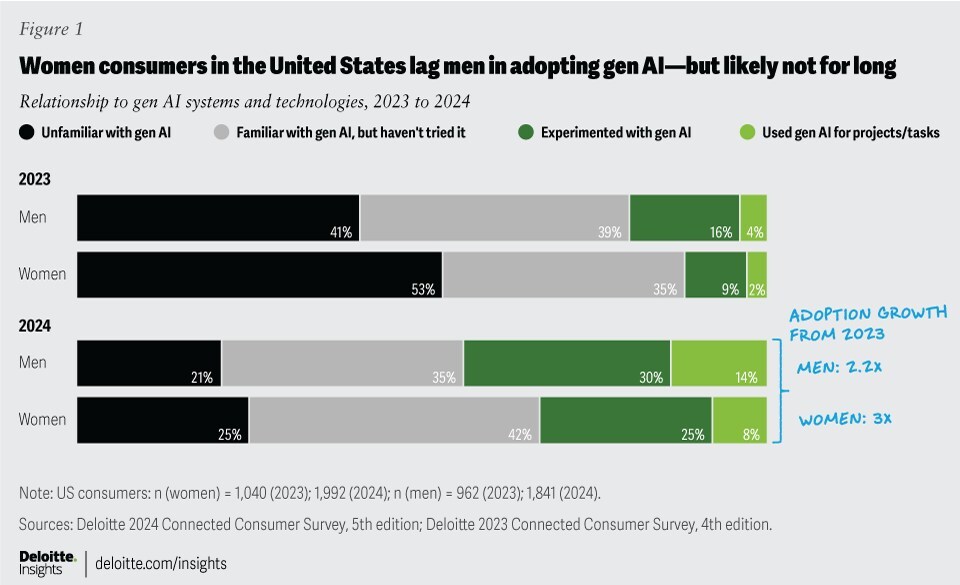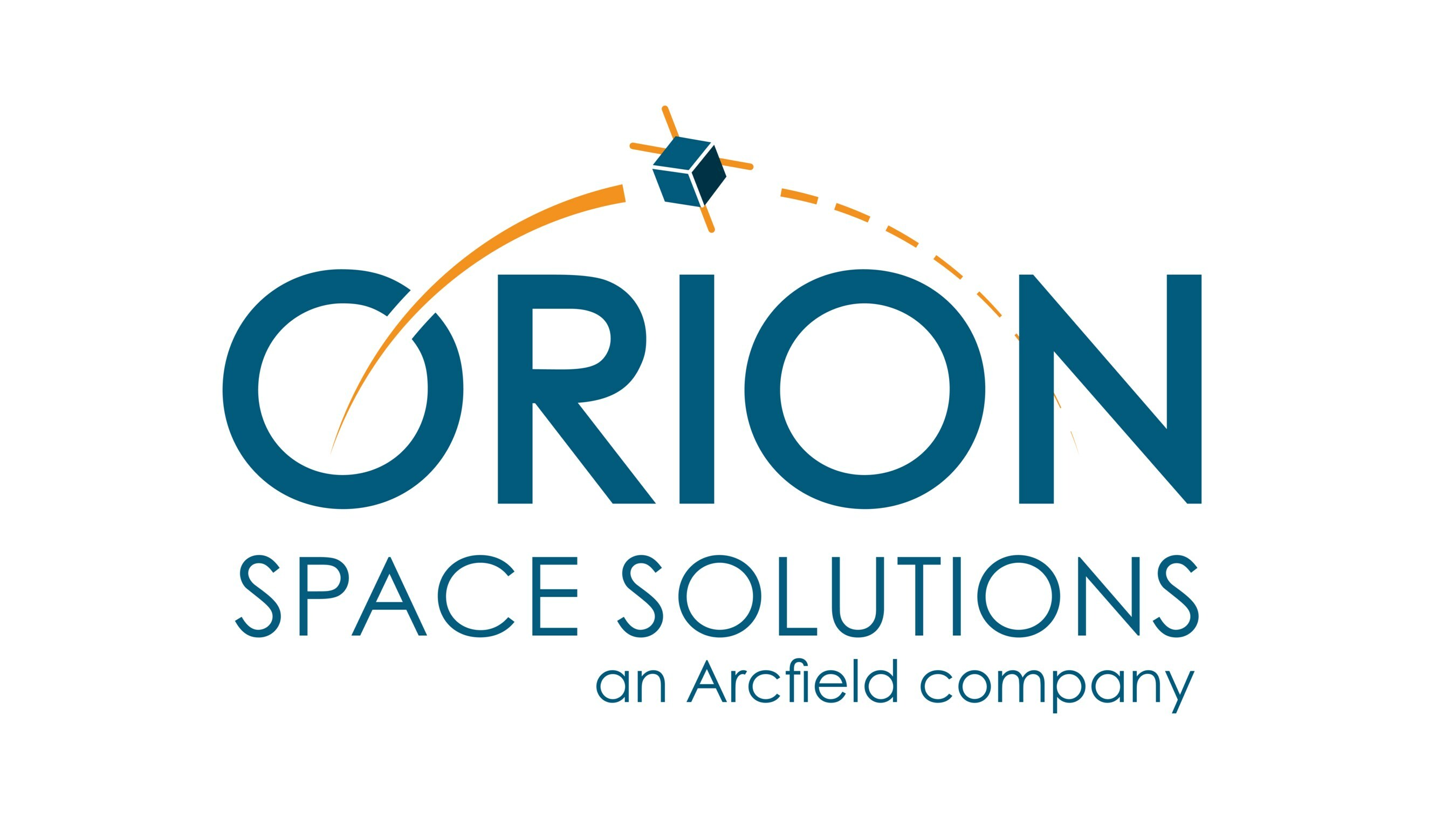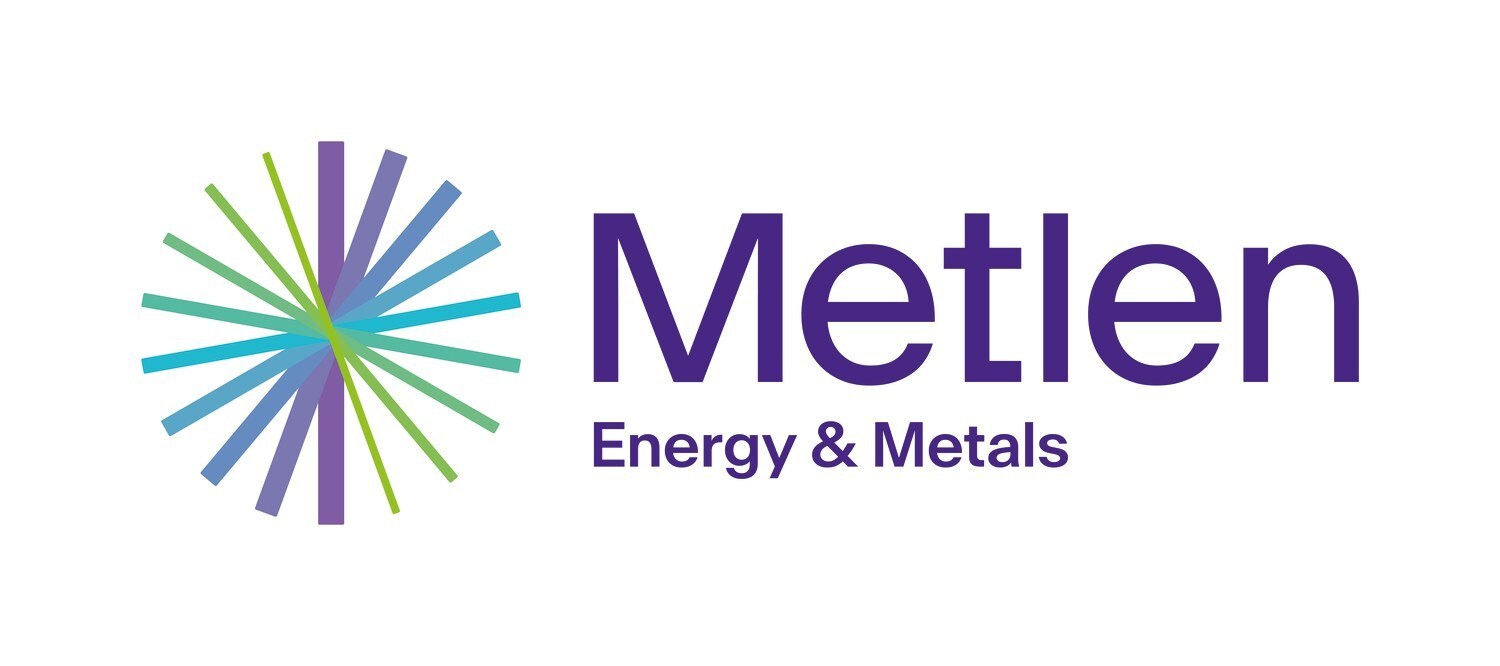Data centers and electricity generators confront energy use from GenAI, gender gap in GenAI adoption closing fast, and deployment of AI Agents is on the rise; GenAI tests the limits of smartphones, and consumers' fatigue drives aggregation in the streaming market
NEW YORK, Nov. 19, 2024 --
Key takeaways
- GenAI driving data center energy consumption surge: Electricity consumption by global data centers is forecasted to double to 4% by 2030 as GenAI consumption grows faster than other uses and applications.
- Women's adoption gap in GenAI usage closing quickly: By 2025, women's experimentation and usage of GenAI is projected to meet or exceed that of men, but tech companies still should work to improve trust, representation in training models, and diversity in the AI workforce.
- Enterprise use of AI Agents on the rise: 25% of enterprises using GenAI are forecast to deploy AI Agents by 2025, growing to 50% by 2027.
- GenAI set to make devices smarter: In 2025, the share of shipped Gen AI-enabled smartphones could exceed 30%, in addition to about 50% of laptops with local GenAI processing capabilities.
- Streaming fatigue fuels shift to aggregated platforms: The number of streaming video-on-demand subscriptions (SVOD) per household is forecast to peak in 2025 at four services in the U.S. and a little over two in Europe, then decline going forward.
Why this matters
Deloitte today released its "Technology, Media & Telecommunications (TMT) 2025 Predictions" report, forecasting a pivotal gap year for Generative AI (GenAI) and the TMT sector — spanning from technical challenges for the industry to societal imperatives. By addressing challenges in infrastructure, gender equity, energy consumption, trust, and capabilities, the industry is poised for a significant leap forward and that could determine the future of Al's legacy.
Key quote
"GenAI is poised to revolutionize society, and the decisions we make today will shape the trajectory of innovation, economic prosperity, and societal well-being for the future. Bridging the gap between the current state of GenAI and its future potential is important. Organizations should work to ensure that this powerful technology is harnessed to address global challenges, foster human ingenuity, and create a brighter future for generations to come."
— Steve Fineberg, vice chair and technology sector leader, Deloitte
GenAI expected to double data center energy usage with new technologies helping in clean energy transition
Deloitte predicts that global data center electricity consumption could roughly double to 1,065 TWh by 2030 — or 4% of total global energy consumption, as power-intensive GenAI training and inference continue to grow faster than other uses and applications.
Tech companies — including cloud providers, semiconductor companies, and data center operators— can help lead the clean energy transition and mitigate the growth in electricity usage. They may leverage their substantial financial resources that their partners — innovators, renewable energy producers, and utilities — lack. Major tech firms are actively investing in more efficient chips, innovative cooling solutions, energy-efficient designs, and carbon-free energy sources and are committed to achieving net-zero targets. While Deloitte predicts that these partnerships have the potential to manage the energy impact of GenAI, many of the research and development initiatives and pilot programs are expected to take years to yield tangible results and return on investment.
Women's use of GenAI projected to match that of men by 2025 in US but global gaps remain
Deloitte predicts that experimentation and usage of GenAI by women will equal or exceed that of men in the U.S. by the end of 2025. In 2023, women's use of GenAI was just half that of men. However, over the past year, the proportion of women in the U.S. adopting GenAI has tripled, outpacing the 2.2x growth rate seen among men. Around the world, countries and regions are expected to close the adoption gap at varying rates with some achieving parity by 2025 and others by 2026.
Key quote
"AI represents the latest chapter in the ongoing story of technological progress, yet gender disparities continue to persist. From the early days of computing to the advent of modern AI, women have frequently been underrepresented in both the development and application of technology. This lack of diversity can impact innovation, limit the potential of technology to address societal challenges, and perpetuate systemic inequalities. To fully harness the benefits of AI and other technological advancements, organizations should strive for gender equality at every level. By fostering a diverse and equitable tech ecosystem, organizations can help ensure that AI is developed and deployed in a way that benefits everyone."
— China Widener, vice chair and technology, media and telecommunications (TMT) industry leader, Deloitte
AI Agents are on the rise with 25% enterprise adoption expected by 2025
Deloitte predicts that 25% of enterprises using GenAI are expected to deploy AI Agents by 2025, growing to 50% by 2027. The growth of AI agents—software solutions designed to complete tasks with minimal human intervention—will be fueled by innovation from both start-ups and established tech giants eyeing new revenue opportunities.
Built on large language models, these AI agents can offer greater flexibility and a wider array of use cases compared to traditional machine learning or deep learning methods. While the ultimate aim is to achieve autonomous and dependable agents, Deloitte expects improvements in their capabilities in 2025 as these technologies rapidly advance, with agentic AI moving past pilots and proofs of concepts in some markets and for some applications in 2025. While early adopters will grapple with complexities and challenges, the vision is compelling enough for organizations to take proactive steps to prepare themselves now for adoption. This evolution will enable AI agents to tackle a broader range of applications, providing businesses with valuable tools to drive productivity of knowledge workers and efficiency gains in workflows of all kinds.
Smartphones and PCs projected to put the power of GenAI to the test
As smartphone and PC manufacturers aim to reignite consumer excitement, Deloitte forecasts in 2025 that GenAI-enabled smartphones will exceed 30% of total shipments. PCs with local GenAI processing capabilities will be around 50% of total shipments, rising from 30% in 2024.
The year 2025 will be a pivotal year to evaluate the value and comprehensiveness of early GenAI functionalities. Although Deloitte predicts a 7% increase in global smartphone shipments (up from 5% in 2024) in 2025, the revenue impact is higher than the volume impact as consumers buy higher-priced premium smartphones equipped with advanced GenAI features. But time will tell how quickly users adopt the innovative features that providers are banking on to drive sales.
Fatigue and cost fuel expected rise of aggregated streaming platforms
After peaking at around four subscriptions per consumer in the U.S. and over two in most European markets by 2024, Deloitte predicts that SVOD stacking — the practice of subscribing to multiple standalone video-on-demand services — has reached its limit and will start declining in 2025. While standalone subscriptions are expected to decline, SVOD revenues may still rise as providers implement price hikes, tighten password-sharing policies, and enhance bundling options.
Deloitte forecasts that the market will stabilize with just two or three standalone direct-to-consumer SVOD players per market, complemented by aggregators. Echoing the traditional model of pay TV providers, Deloitte forecasts a resurgence of aggregation, where intermediaries — like telcos, pay TV platforms and tech platforms — will consolidate multiple content sources into single offerings. This shift may reduce costs and create a more sustainable streaming ecosystem.
Key quote
"The transition from a straightforward, user-friendly streaming model to a complex, fragmented landscape has reignited the demand for aggregated media and entertainment platforms. To successfully meet consumer expectations, the future of streaming should prioritize innovation and enhance the user experience. AI-powered platforms will be essential in personalizing content delivery and evolving from passive viewing to interactive experiences."
— Doug Van Dyke, telecommunications, media and entertainment sector leader, Deloitte
About this report
Deloitte's annual TMT Predictions report provides an outlook on technology, media and telecommunications trends that may disrupt and transform the business and consumer ecosystems worldwide. Visit www.Deloitte.com/predictions.
Additional predictions found in the Deloitte 2025 TMT Predictions report: silicon chips revolutionize AI efficiency, deep fakes present growing legal and ethical challenges, GenAI adoption in media and gaming faces caution, edge computing accelerates enterprise AI, and stadium infrastructure reshapes urban development.
Connect with us on LinkedIn: China Widener, Steve Fineberg and Doug Van Dyke.
About Deloitte
Deloitte provides industry-leading audit, consulting, tax and advisory services to many of the world's most admired brands, including nearly 90% of the Fortune 500® and more than 8,500 U.S.-based private companies. At Deloitte, we strive to live our purpose of making an impact that matters by creating trust and confidence in a more equitable society. We leverage our unique blend of business acumen, command of technology, and strategic technology alliances to advise our clients across industries as they build their future. Deloitte is proud to be part of the largest global professional services network serving our clients in the markets that are most important to them. Bringing more than 175 years of service, our network of member firms spans more than 150 countries and territories. Learn how Deloitte's approximately 460,000 people worldwide connect for impact at www.deloitte.com.
Deloitte refers to one or more of Deloitte Touche Tohmatsu Limited, a UK private company limited by guarantee ("DTTL"), its network of member firms, and their related entities. DTTL and each of its member firms are legally separate and independent entities. DTTL (also referred to as "Deloitte Global") does not provide services to clients. In the United States, Deloitte refers to one or more of the US member firms of DTTL, their related entities that operate using the "Deloitte" name in the United States and their respective affiliates. Certain services may not be available to attest clients under the rules and regulations of public accounting. Please see www.deloitte.com/about to learn more about our global network of member firms.
This News is brought to you by Qube Mark, your trusted source for the latest updates and insights in marketing technology. Stay tuned for more groundbreaking innovations in the world of technology.









